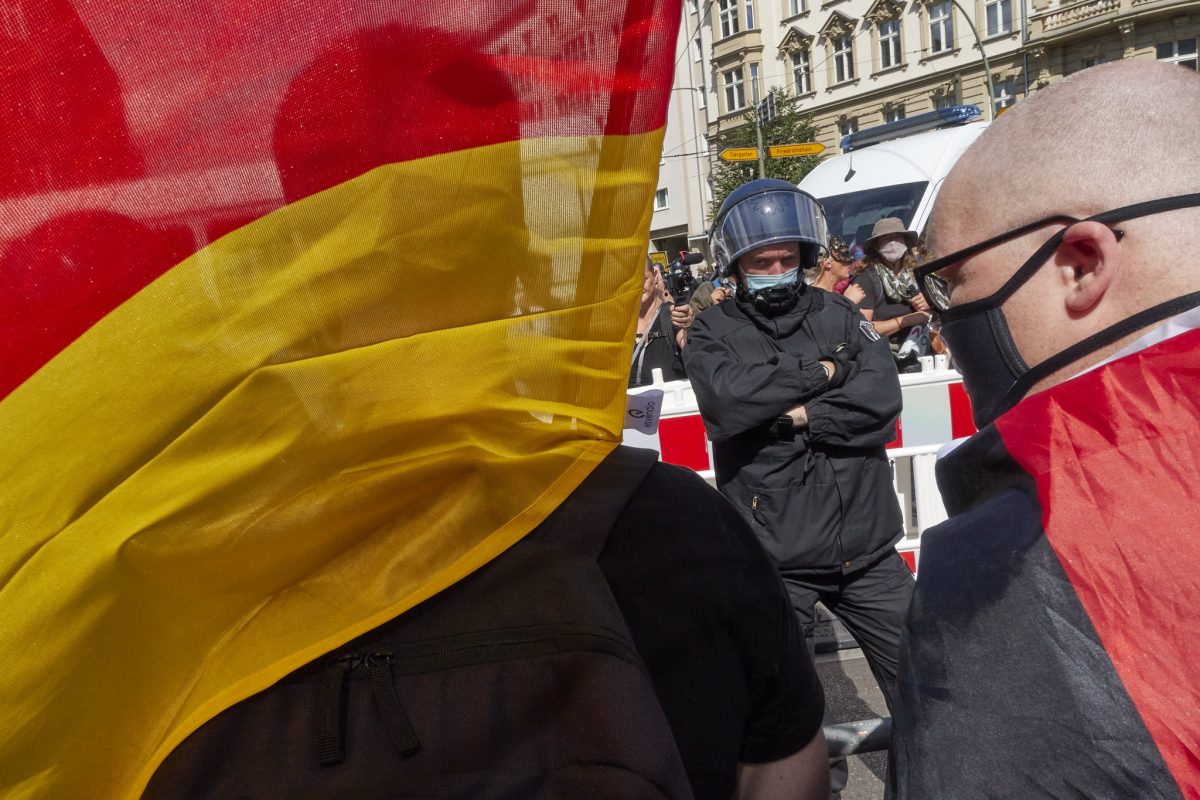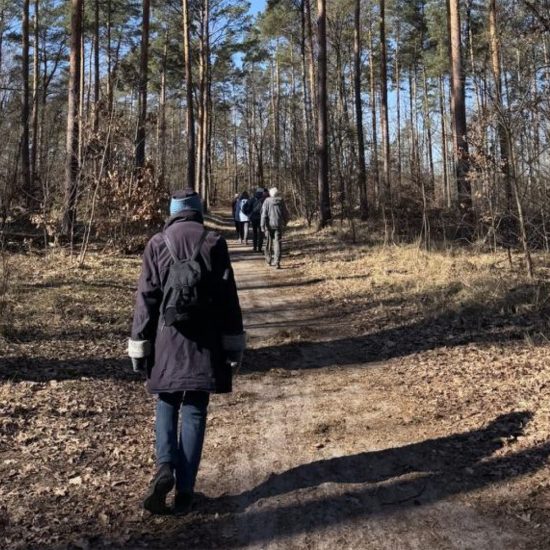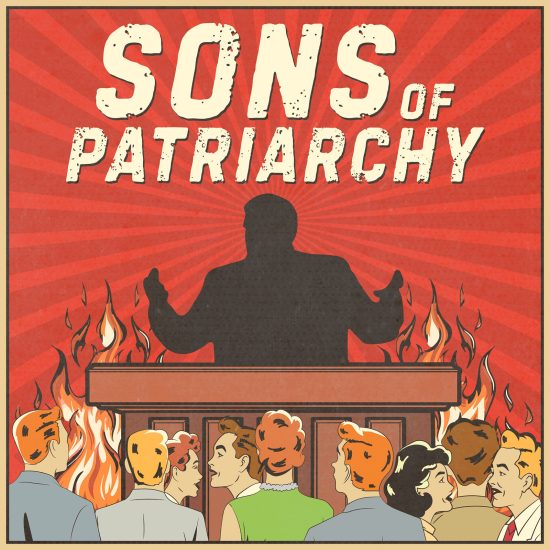
German Protestants in the free church tradition — including Baptists and other evangelicals — issued a statement urging a balance of religious freedoms and health needs during the pandemic, and also called on Christians to reject conspiracy theories sparking misinformation and distrust.
The Nov. 6 statement urges Christians to “take responsibility and shape freedom — with consideration for your neighbor.” The drafters include Christoph Striba, general secretary of the Bund Evangelisch-Freikirchlicher Gemeinden in Deutschland (Union of Evangelical Free Churches in Germany. Other signers of the statement include leaders from Foursquare, Nazarene, Pentecostal, Salvation Army, Seventh-day Adventist, and United Methodist groups.

A police officer watches during a protest by coronavirus deniers in Berlin, Germany, on Aug. 29, 2020. (Matthias Berg/Creative Commons)
Germany and other European nations are facing a second wave of coronavirus. Since the start of the pandemic, Germany has seen more than 770,000 cases and nearly 12,500 deaths — putting their cases per million people at about one-quarter of that in the U.S. and their death rate at about one-fifth. Globally, more than 53 million people have been infected and more than 1.3 million have died.
Amid the new wave and additional government restrictions, the new statement from Baptists and other evangelicals confesses that “the living God, the Creator of heaven and earth” remains in control. Thus, the statement says, Christians shouldn’t “spread fear and worry, but rather hope and preach the Gospel.” This means churches should continue to minister in “new ways even in times of crisis.”
The statement gives thanks for religious freedoms granted in Germany that protect the “undisturbed practice of religion,” which has led to few coronavirus restrictions on worship gatherings. However, the statement — which comes as some in the nation protest coronavirus measures like mask rules — also urges that despite freedoms congregations take actions for the health of their congregants and communities.
“This fundamental right is gaining importance in times of crisis. In times of great uncertainty and existential fears, people look for consolation and support, for example in church services,” the statement explains. “We want to deal with this basic right carefully, pay attention to the applicable regulations, and in no case contribute to an increased spread of corona through carelessness.”
“We believe that healthy spiritual life in churches that are forced to slow down for some time cannot be stifled by a pandemic,” the statement adds. “We support creativity and the development of digital communication channels that enable virtual spiritual offerings, and encourage new forms of church life to be discovered.”
Balancing religious freedoms with the need for health caution, the statement notes that there are appropriate COVID-10 measures but not all “will ultimately turn out to be correct and necessary.” Thus, the statement thanks “political leaders who seriously endeavor to protect citizens,” and pledges the signers will offer respect and “increased prayers” for those making decision amid “the complexity of the challenges.”
Christians are urged to “be careful not to criticize lightly” so that criticism of violations of basic human rights would receive more attention. The statement adds this means not supporting conspiracy theories about the virus.
“We expressly reject conspiracy theories and unsolidaric behavior,” the statement explains. “Rather, we Christians challenge us to act in a reconciling way in our society through their speech and behavior.”
The statement also urges continue support for those suffering from the pandemic and its various consequences.
“We call on our fellow Christians to pray for and to show special solidarity with those affected by the pandemic,” it reads. “We want to use the time to show more mercy towards people who suffer economically, socially and psychologically because of this extreme situation. We call on Christians to enable these people to experience God’s love through practical help and concrete care.”
According to the Baptist World Alliance, the union in Germany includes 802 churches with just over 82,000 members in a nation of 83 million people. German Baptists quickly responded to the coronavirus pandemic in March, adjusting their worship and ministries to serve people while trying to slow the spread of the virus.






